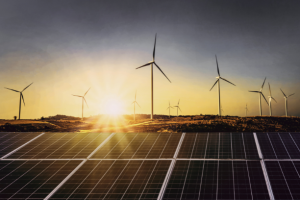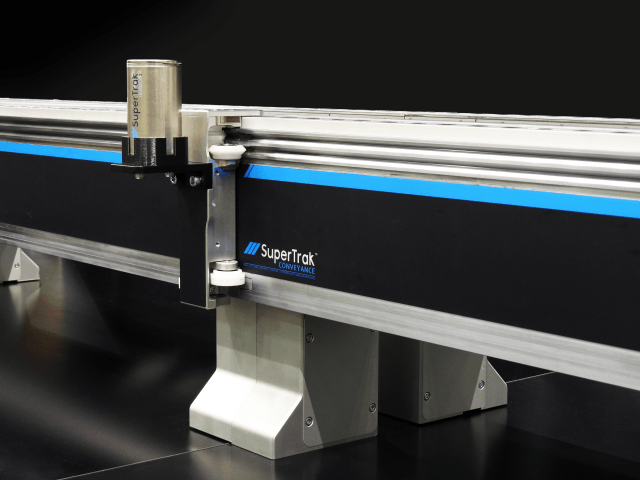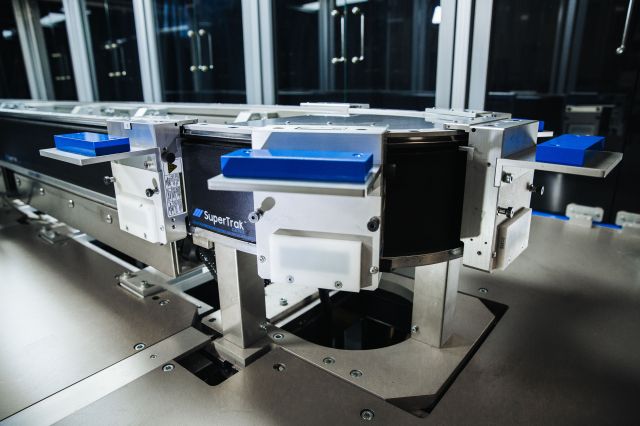With power and energy becoming more expensive – in a monetary sense and in an environmental sense – manufacturers are searching for ways to reduce their energy consumption. Turning lights off when not in use and switching out old appliances for new, more energy-efficient ones are common practices these days but can we do more?
Working in industrial automation, you still need power to run your systems and produce what you need to produce. Reducing your energy consumption is one way of operating in an environmentally friendly way but this could also negatively impact your production.
Can you do both?

Planning Energy Consumption
One tactic you might not have considered is planning out your energy usage. Understanding where you need the energy and when you need it is another. Finally, having the ability to monitor and configure these spots as you need them can have a positive impact on your energy usage throughout the lifespan of your system. You can optimize your energy output without sacrificing your production output.
Using simulation software like TrakMaster™, you can identify where within your system you will need extra power and where you might be able to get away with less without sacrificing your output goals. A simulation of your system can help you optimize your energy consumption. You can control individual shuttles (or pallets) and configure their specific motion parameters, allowing you direct control over how much power is consumed to get the shuttle where it needs to be only when it needs it.
Monitoring Energy Consumption
Monitoring your system’s power usage throughout its lifecycle is another way you can contribute to responsible energy consumption. Our customers use TrakMaster™ software to consistently monitor and adjust their energy usage. When you can identify what sections are using more energy than they have been historically, you can conduct energy-saving maintenance and repairs quickly to address energy misuse. Using software like ours allows you the control to ensure that your system is running optimally – not just at the beginning but throughout its life.
While reducing your overall energy consumption is a great way to reduce costs and environmental impact, it isn’t the only way. Planning out your energy usage from the conceptualization stage and optimizing your usage throughout your system’s lifetime can contribute to responsible energy consumption without affecting your output goals.






